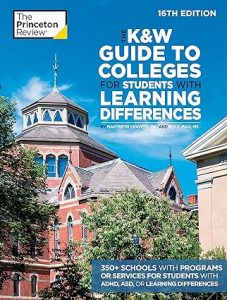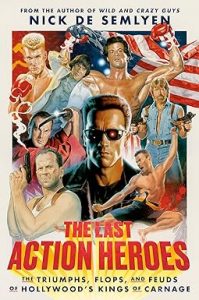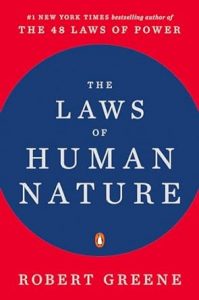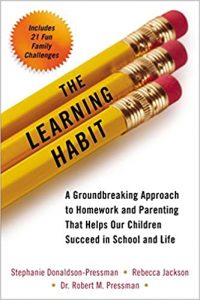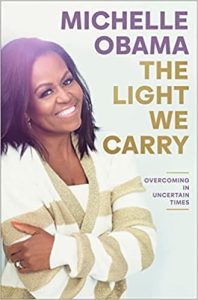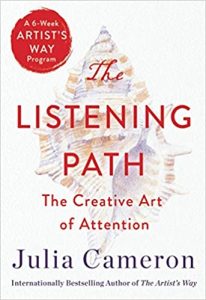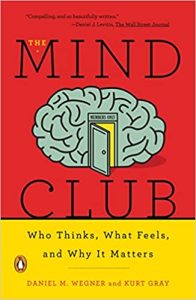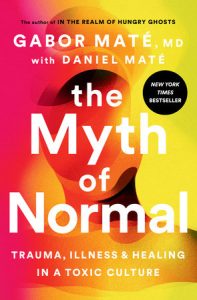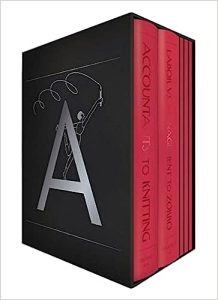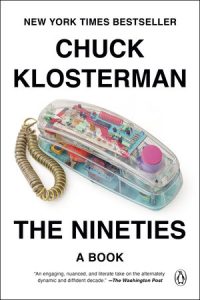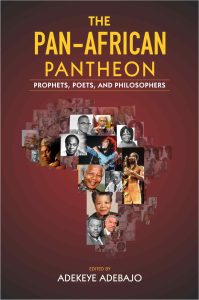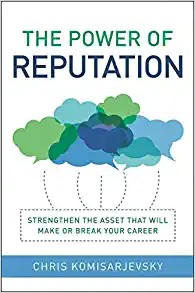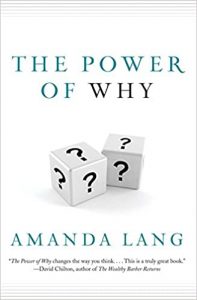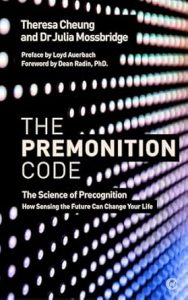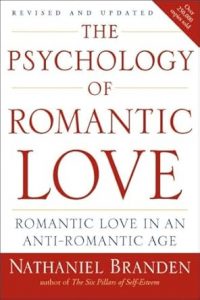The K&W Guide to Colleges for Students with Learning Differences
₦35,000.00FIND THE RIGHT SCHOOL FOR YOUR SPECIFIC NEEDS. This indispensable resource will help students with ADHD, Autism Spectrum Disorder, or learning differences find and apply to their personal best-fit college.
Hundreds of thousands of students with learning differences head to college every year. This comprehensive guide makes it easy for those students and their families and guidance counselors to tackle the daunting process of finding the school that fits their needs best.
This invaluable book for students, parents, and professionals includes:
• 350+ school profiles with targeted information on admission requirements, updated test policies, and the support services and programs offered by the colleges
• Index of colleges by level of support
• Policies and procedures regarding course waivers and substitutions
• Resources to help students find the best match for their needs
• Advice from learning specialists on making an effective transition to college

